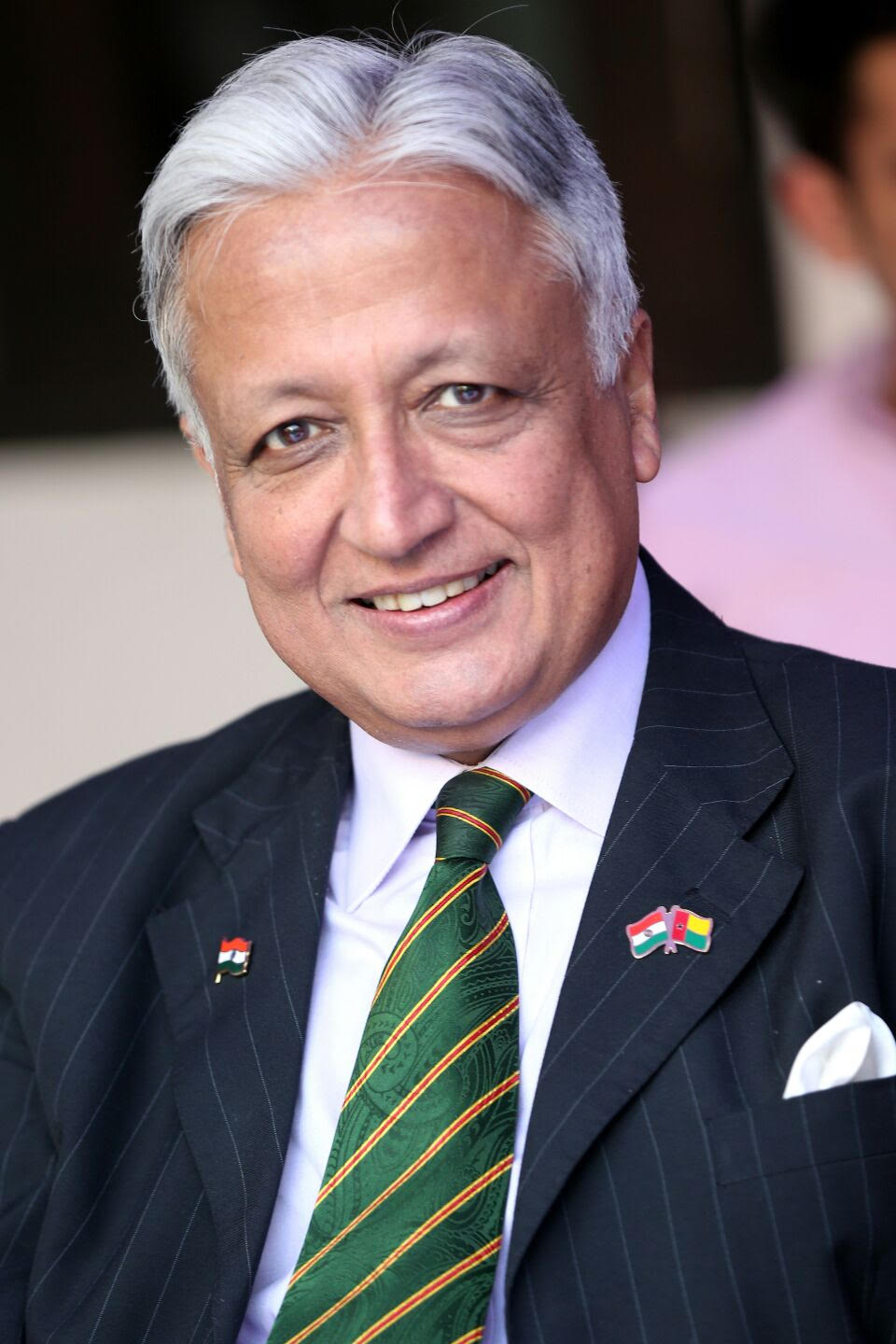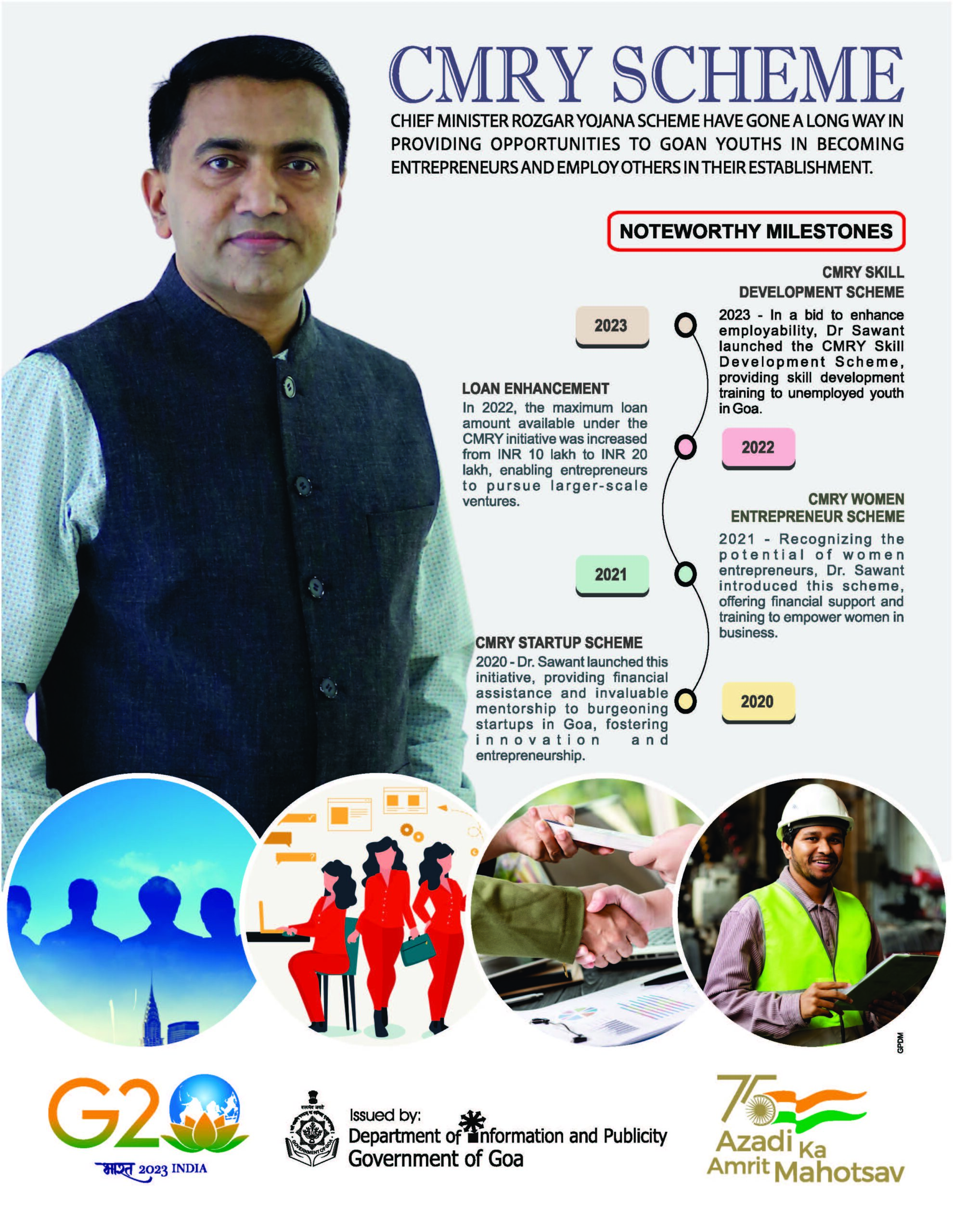Even as Baloch freedom fighters attacked Pakistan military outposts in January 2022, the alleged Prime Minister of Pakistan took a third of his cabinet on a jaunt to his master’s abode in Beijing for the opening of the Winter Olympics
Pakistan’s penchant for ignoring the concerns and identities of the minor ethnic groups has fueled rebellion and restiveness since its creation
While the British transformed Kalat, the heart of Balochistan, into an associated state of the British Empire in 1854, Persia reconquered western Balochistan, a region that Iran retains to this day
Balochistan was independent from August 1947 to March 1948
Pakistan violated the standstill agreement with Kalat (heart of Balochistan) as with Kashmir, and Kalat became the largest princely state to become part of Pakistan (in this case by force)
In 1931, the Anjuman-e-ittihad-e-Balochistan was formed to seek formal separation from British India
When the Cripps Mission landed in India in early 1942, Khan of Kalat wrote to them asking for an independent Khanate of Kalat. He supported idea of Pakistan as long as Kalat remained independent
The Khan claimed that Kalat was never part of undivided India, and his case was agued by Barrister Mohammed Ali Jinnah
Some autonomy was given to the Baloch in the 1970s, but Islamabad reversed track pretty soon
While the Pakistani army and government were able to quell the insurgency in the 1970s, they were not able to win over the Baloch
Balochistan’s Human Development Index (HDI) ranks well below other provinces of Pakistan
For decades, Pakistan has suppressed and ignored the Baloch people, infuriating them
The main cause of the Baloch failure to launch an all-out offensive against the Pakistani army has been a shortage in numbers
The Baloch themselves only account for 60 percent of the population in Balochistan. The rest of the population consists of Pashtuns, Sindhis and Punjabis
The Pakistani government has not sought mediation or negotiation but delegated the task to the military
Out of fear of a united Balochistan, Islamabad has sought to maintain complete control of the region through Pakistan’s security forces
There are two primary methods of repression adopted by the Pakistani state: bribes and all-out bludgeoning of the Baloch
The 2006 arrest of Akhtar Mengal, the Chief Minister of Balochistan, is a glaring example. He was arrested and denied basic rights of medical treatment or bedding while being imprisoned. Adding insult to injury, he was also kept in a cage during subsequent court proceedings
With hundreds of bodies being uncovered every year, Balochistan is now being viewed as Pakistan’s land of mass graves
Some 10,000 Baloch have disappeared with the BBC claiming that nearly 1000 bodies of Baloch civilians and political activists have been found so far
The federal government’s continued marginalization of the province is the crux of Baloch dissent against Chinese investment and the CPEC
Convinced of being historically wronged, the Baloch view their fight as one against repression and for self-determination
The ethnic identity of the Baloch has remained in sharp contrast to the ultranationalism that defines the Pakistani state
Therefore, the Pakistani security forces, who see many of the Baloch nationalist groups as terrorists, have crushed any demand for reform
Across the border in Iran, the Baloch face a similar fate, with extreme deprivation and marginalization by the Iranian theocracy
In his Independence Day speech in 2016, Prime Minister Narendra Modi did what Pakistan couldn’t have imagined. Without mentioning ‘Pakistan’, he simply thanked the people of Balochistan
A Baloch editor commented: Modi is the first Prime Minister in the world who has spoken of the Baloch and their sufferings
Balochistan now makes it to the international headlines, primarily because of growing violence in the restive province, Pakistan’s dalliance with terror, and growing concern about the regime in Afghanistan
A Baloch living in New York told me succinctly: the two words we hate in Balochistan are Pakistan and China
The Baloch are fighting for their dignity
With turbulent Iran-Pakistan strategic relations, each side lambasts the other for providing sanctuaries to militant groups
As Pakistan battles Baloch nationalism, similar tendencies in Iran’s Sistan and Baluchestan province have transformed into Sunni militancy directed against the Shia Iranian state
Both countries play their own games
After a suicide car bombing claimed by the Sunni Baloch militant group Jaish ul-Adl (the “Army of Justice”) killed 27 IRGC members in Sistan and Baluchestan in 2019, Iran criticized Islamabad for failing to crack down on the group and allowing it to find shelter in Pakistan’s Balochistan province
For its part, Pakistan lodged strong protests following the Ormara massacre in Balochistan’s Gwadar district in April 2019, in which 14 people, including members of Pakistan’s security forces, were killed by a group alleged to have trained in Iran
Human Rights Watch says that abuses in the region include torture, forced disappearances, ill treatment of captured combatants and extrajudicial killings and the situation has reached epidemic proportions
The New York Times reported that the Pakistani deep state was using Islamic militants to attack Baloch separatists
It also says that academics and journalists in the United States have been approached by Pakistani intelligence and warned not to speak about the Baloch insurgency or human rights violations or else their families would be harmed
Former Afghan President Hamid Karzai said that in Balochistan there was extreme suffering at the hands of extremists promoted by state structures in Pakistan
India first raised the Baloch issue at the UN Human Rights Council in 2016 saying that the people of Balochistan have been waging a bitter and brave struggle against their daily abuse and torture
In 2005, the legendary Nawab Ali Akbar Bugti former Pakistani Minister who became Governor of Balochistan presented a 15-point agenda to the Pakistan government demanding greater control of the province’s resources and a moratorium on the construction of military base, and wanted to control half the money allocated for the development of Balochistan
For his pains, he was assassinated in 2006
In 2012, a Pakistani anti-terrorism court issued arrest warrants for former military ruler Pervez Musharraf and several other high-ranking officials who were accused of involvement in the killing of Akbar Bugti
Akbar’s Bugti’s grandson Brahamdagh Bugti fled to Kabul when his grandfather was killed, then moved to Switzerland and now lives somewhere in self-exile
He campaigns for the rights of Baloch people around Europe
He accuses Pakistan of serious human rights violations and blames the Pakistani media for not highlighting the frightful situation in Balochistan including military operations, enforced disappearances, torture, and killing of Baloch civilians and political activists
He calls Pakistan a terrorist state and the Pakistani army a terrorist supporting army
Karima Baloch was a Pakistani Baloch human rights activist and dissident, included in the BBC’s 2016 list of 100 inspirational and influential women
In 2015, she went into self-imposed exile after terrorism charges were filed against her and against her sister
In December 2020, her body was found in Toronto
There have been multiple insurgencies in Balochistan with the military waging campaigns in 1948, 1958-59, 1962-63, and 1973-77. The most recent conflict began in the 2000s
Its location is extremely strategic as the province shares borders with Punjab, Sindh, FATA, as well as Afghanistan and Iran
The Baloch have their kin in Sistan and Baluchestan provinces in southeastern Iran, and the Balochistan region of southern Afghanistan
With 2/5th of Pakistan’s territory and 1/20th of its population, Balochistan offers a gigantic challenge of building infrastructure across some of the bleakest hottest desert region in the world
Rich in natural resources like natural gas, oil, coal, copper, sulphur, fluoride, and gold, this is the largest and least developed province in Pakistan
The interests of China and Pakistan converge in Balochistan
China needs the restive province for its outlet to the Arabian Sea
Pakistan sees the movement in Balochistan as a threat to its national integrity
Therefore, it must emasculate the Baloch
With Chinese-virus induced recession looming, no one (except a few mad Chinese and Pakistanis) believe that insurgency-plagued Balochistan would become a global hotspot for coastal tourism
In Balochistan, the Pakistani army is making the same mistake as it did in Bangladesh in 1971, seeking a military solution for what is essentially a political and developmental challenge, thus encouraging pro-independence feelings
With the world racing to the future, Pakistan is rushing to the past
Good relations with Pakistan and international protection for ISI proxies like Jaish provide China with insurance against terrorist attacks on CPEC infrastructure and the thousands of Chinese working on them
The Corridor has been targeted by Baloch separatists as well as the Pakistani Taliban, who claim to be protesting China’s treatment of its Muslim Uighur minority in Xinjiang
China ordered Pakistan to raise entire divisions to protect its workers
Pakistan is an albatross around China’s neck
Presidents George W. Bush and Barack Obama too called Pakistan a partner in the war against terror and paid for the mercenary Pakistan army to fight against radical Islam, knowing that Pakistan harbors terrorists
And today Pakistan’s army is China’s army if the money keeps coming in
An internal Pakistani report last year concluded that six China-funded power projects under CPEC had resulted in huge profits for the Chinese firms setting up the plants through over invoicing and tariff charges (of several hundred million dollars)
For Pakistan’s citizens, who are always told how China was their most reliable friend in the world, it was a shock to discover that China was in fact a ruthless economic predator
Gwadar city, the centerpiece of the BRI projects in Pakistan, was being fenced off with high resolution surveillance cameras. Local Baloch would need a pass to enter Gwadar city, to be issued by a Chinese overlord
The mad idea has since stalled
And sharia Pakistan approved a beer factory and massage parlours in Gwadar for Chinese workers
It is only a matter of time, a couple of years at most, that Gwadar will be handed over permanently to China. Remember Hambantota in Sri Lanka?
Pakistan is imploding
Baloch, Sindhis, Mohajirs and tribals detest the Punjabi-dominated establishment
The people are hopping mad, but who cares? The Imran-Bajwa flop show must go on
As a wag commented on the showpiece Gwadar Port, Baloch fishermen catch the fish, China manages the Port, and the Pakistan army sweeps the streets
In 1973, Pakistan asked the U.S. to build a port in Balochistan, its largest and least-populated region, and offered to provide the U.S. Navy with access to it. “This would probably cost some hundreds of millions of dollars, and the political impact of the project will depend in part on its not being a white elephant,” Henry Kissinger cautioned in a memo that year to President Nixon
Drugs smuggled from Afghanistan to Pakistan’s Balochistan are shipped through Gwadar port to Maputo in Mozambique, generating some activity in the otherwise dormant port
To compound Pakistan’s financial woes, in July 2019 an international arbitration tribunal awarded almost UDS 6 bn to an Australian joint venture, following Balochistan’s 2011 cancellation of a lease for copper/gold mines – the matter is still unresolved
There was strong suspicion that Pakistan cancelled the lease as China was interested in the project
The damages, as large as the latest IMF loan package for Pakistan, shocked the country. The Pakistani press termed it a fiasco
Pakistan is a broken nation owing to a dysfunctional political system and shaky judiciary that still runs on rent seeking and patronage without transparency. It is a nation that lives in fear clouded by passions like envy, hubris, honour
Pakistan’s radical Islam feeds on a ferocious medieval mindset
Author:
Deepak Vohra
Ambassador Dr. Deepak Vohra, Made in India,
Special Advisor to Prime Minister, Lesotho, South Sudan and Guinea-Bissau,
Special Advisor to Ladakh Autonomous Hill Development Councils, Leh and Kargil, Gauri Sadan, 5 Hailey Road, New Delhi 110001.
I am not Indian because I live in India, I am Indian because India lives in me!
They said: Hide from the storm; I replied: I am the storm






